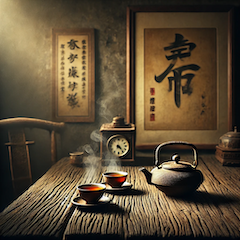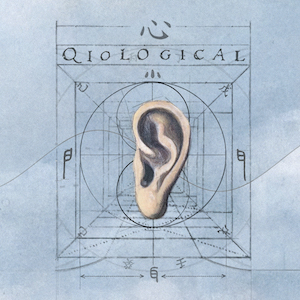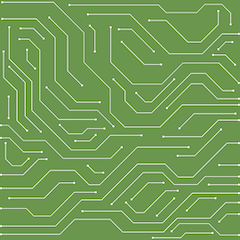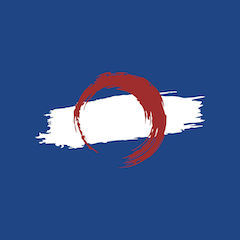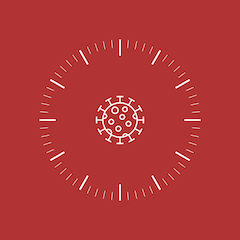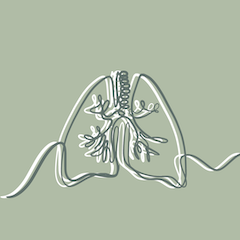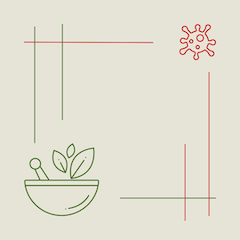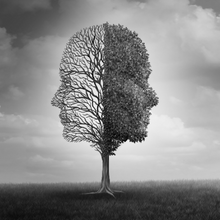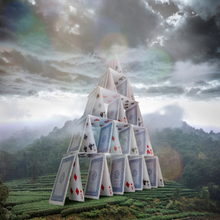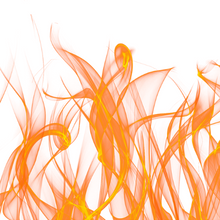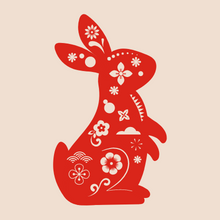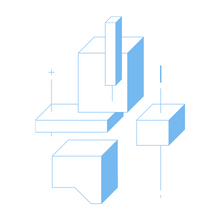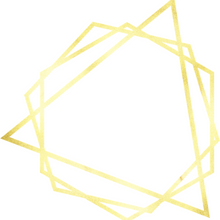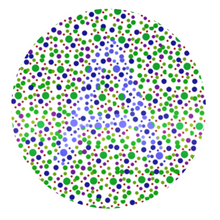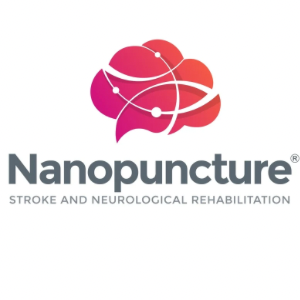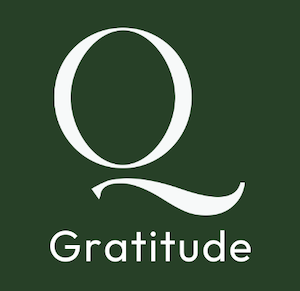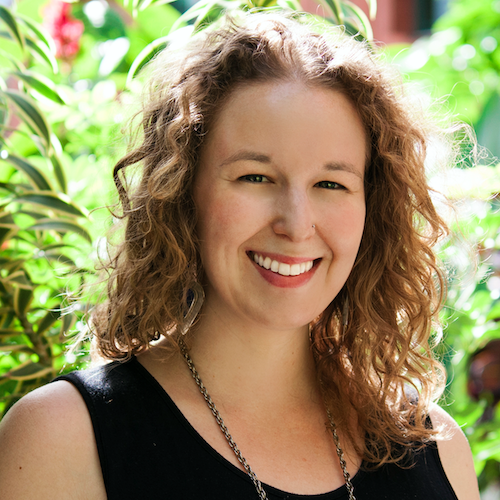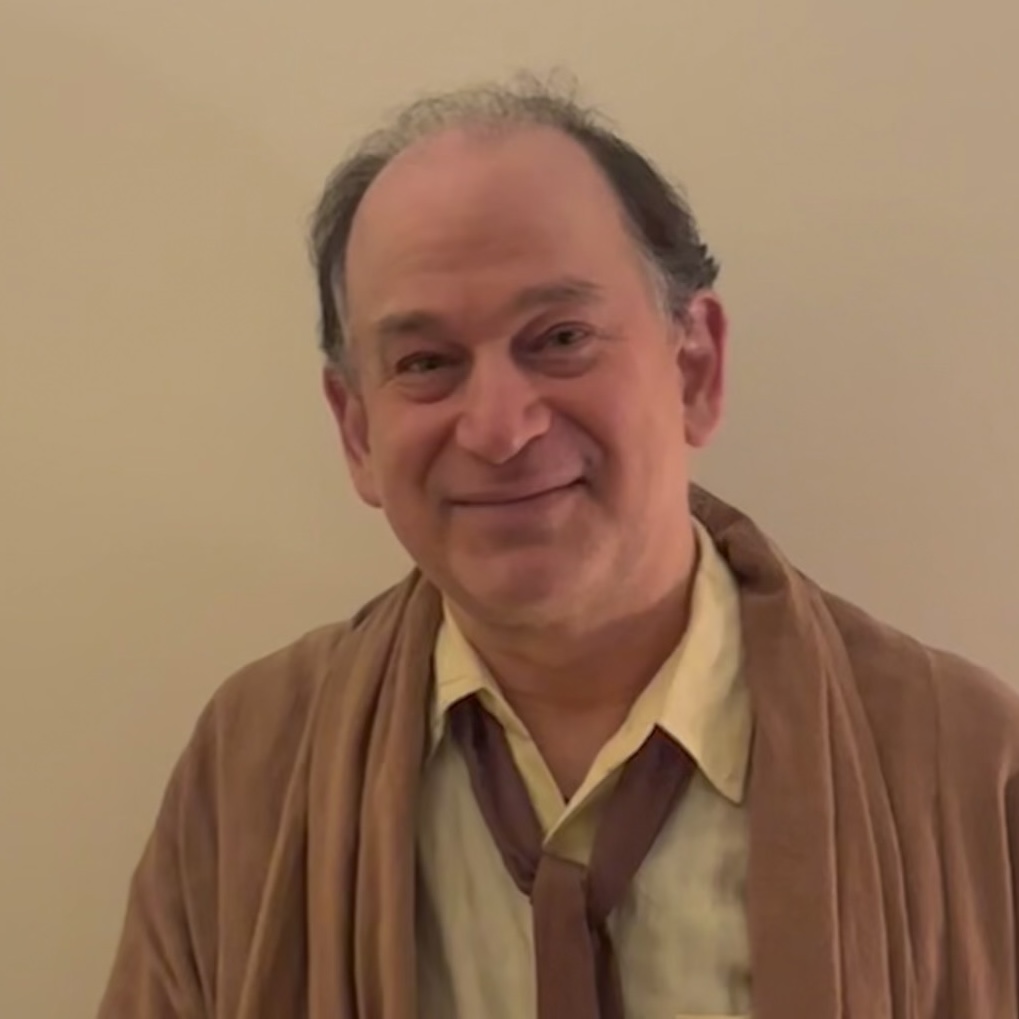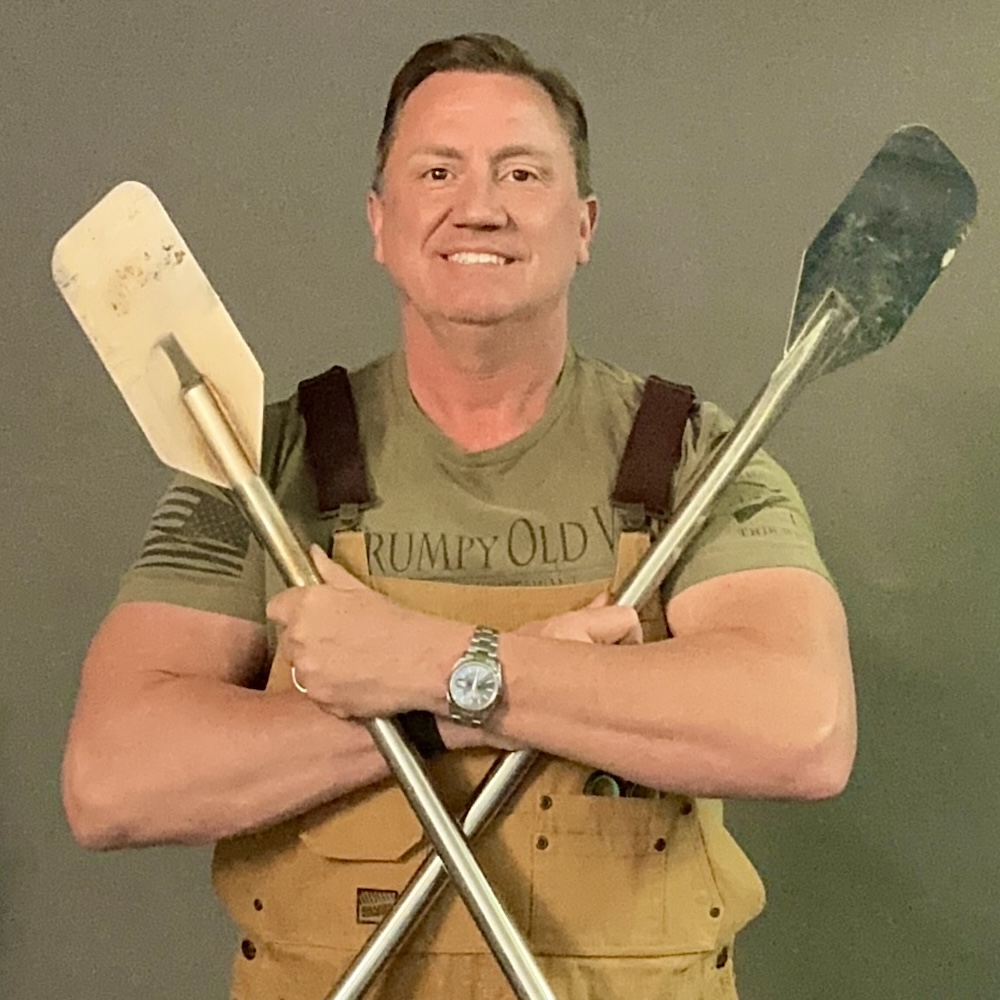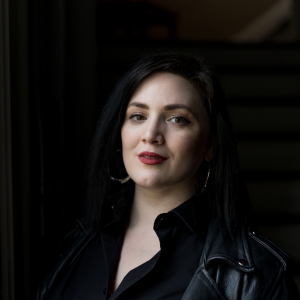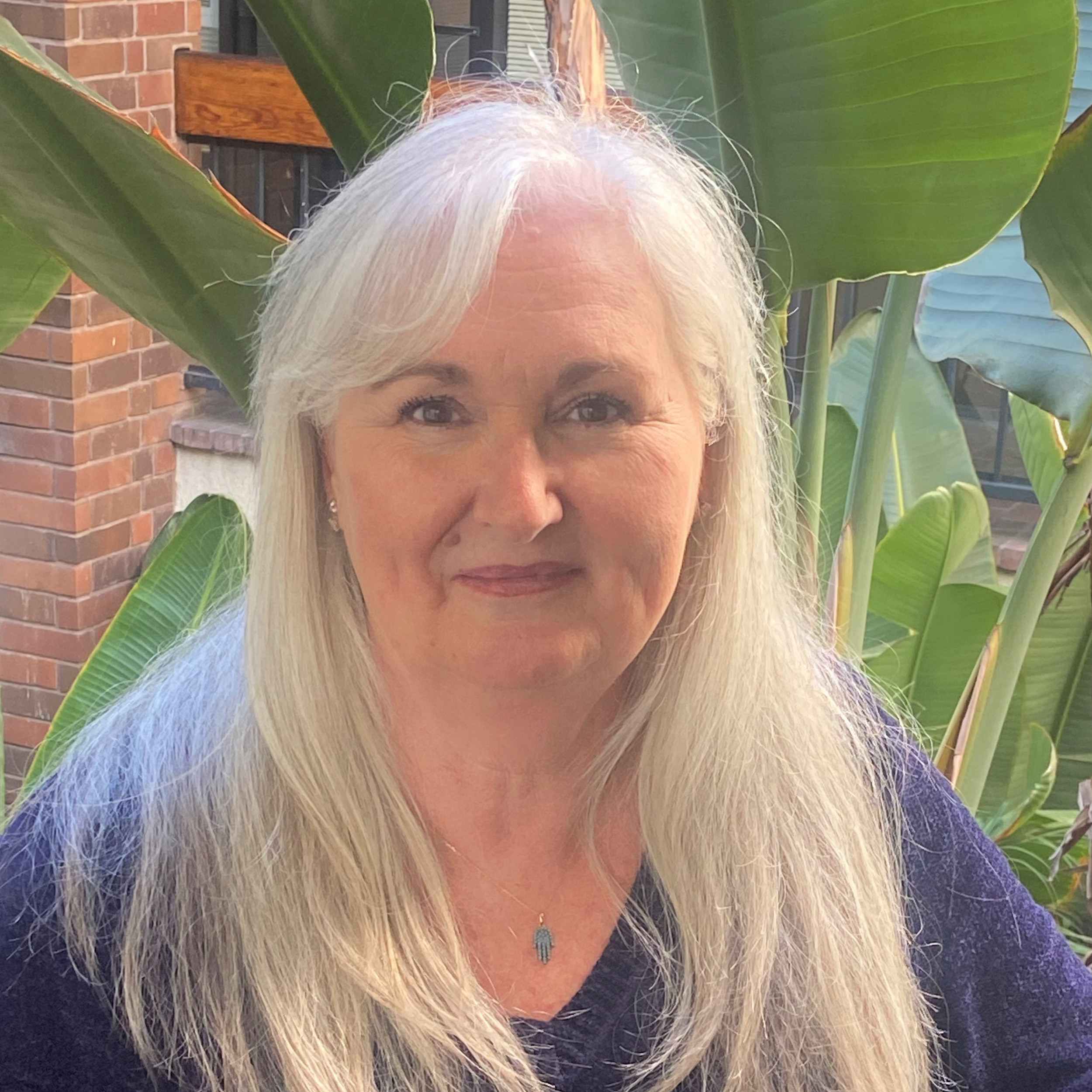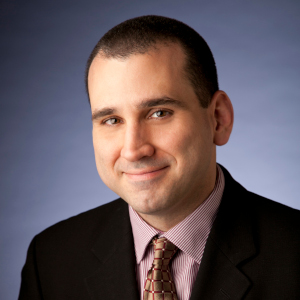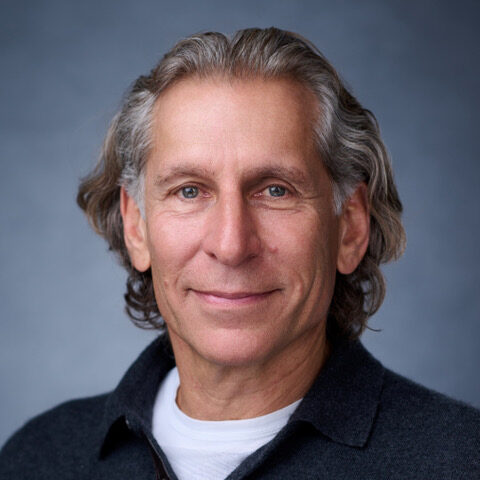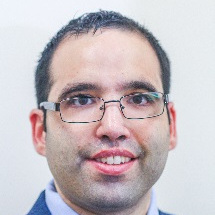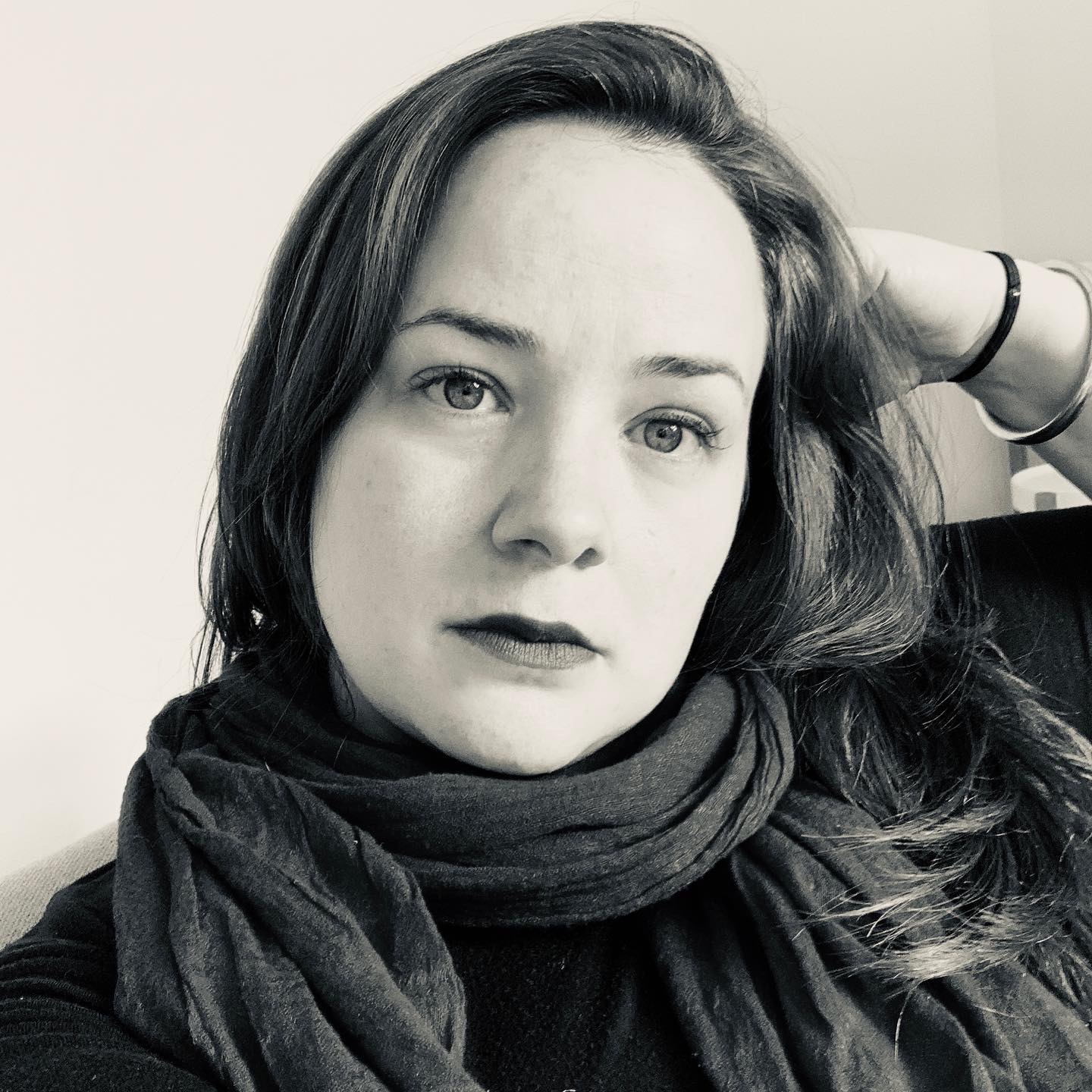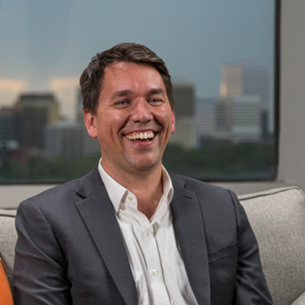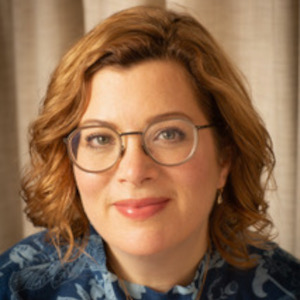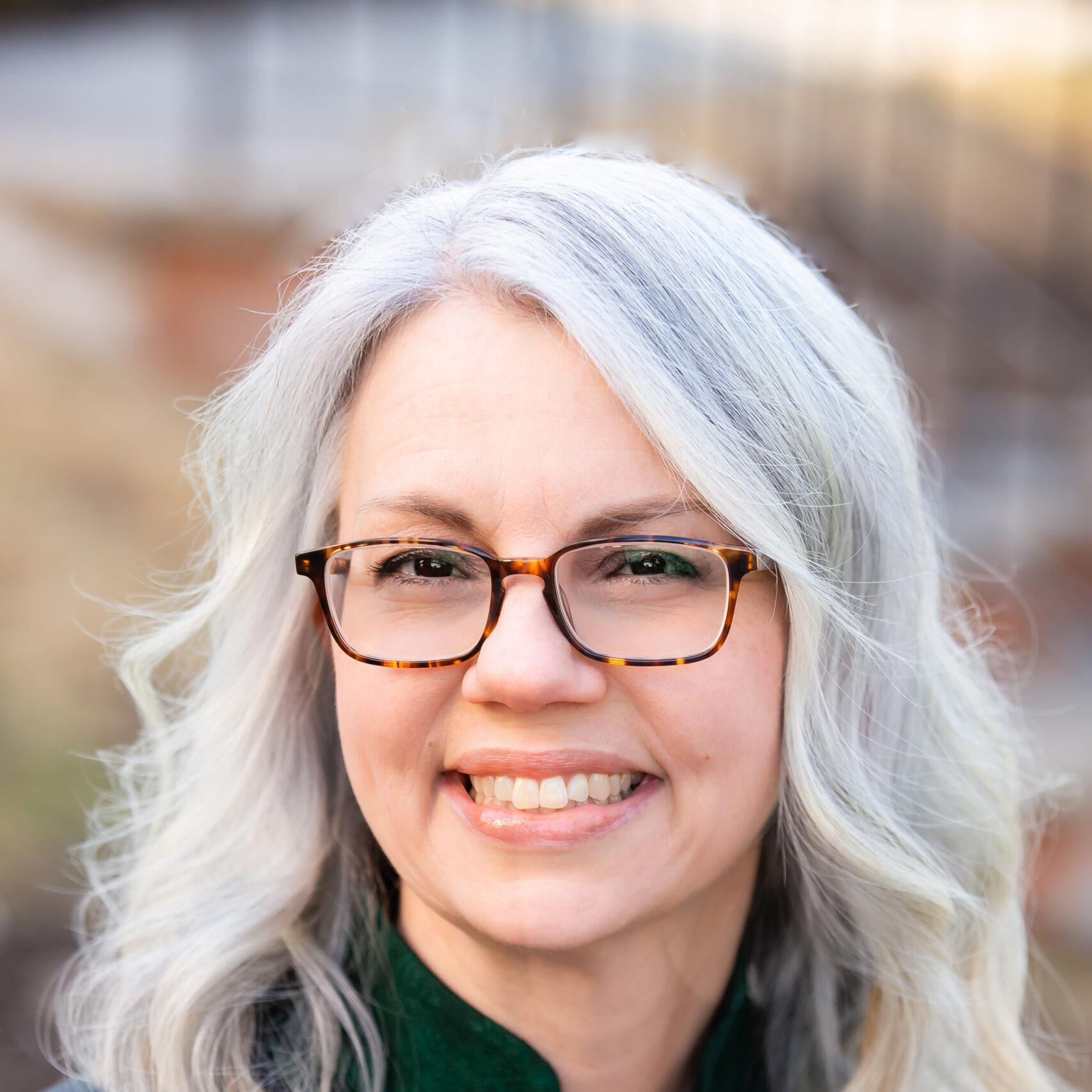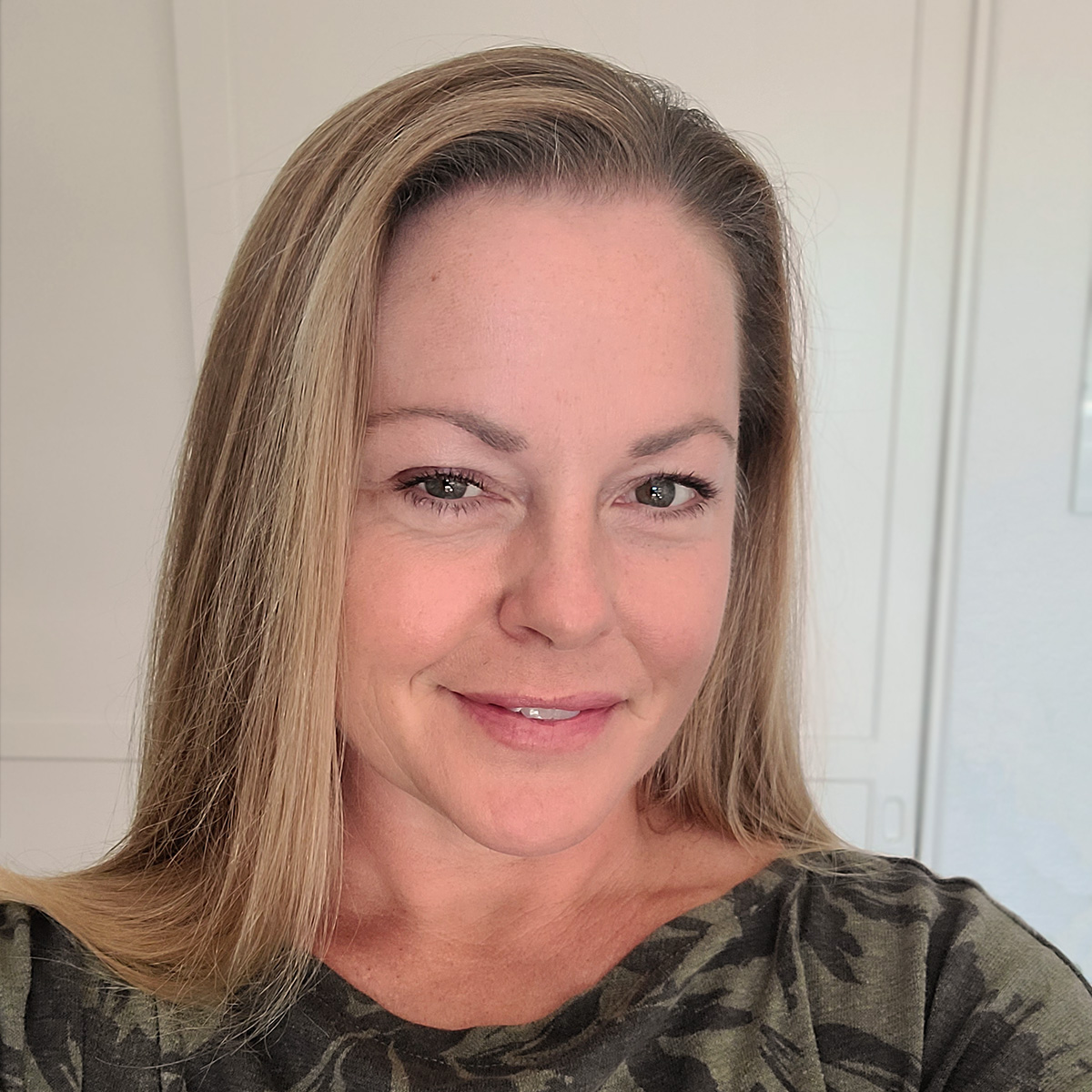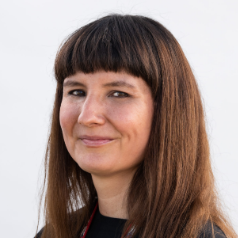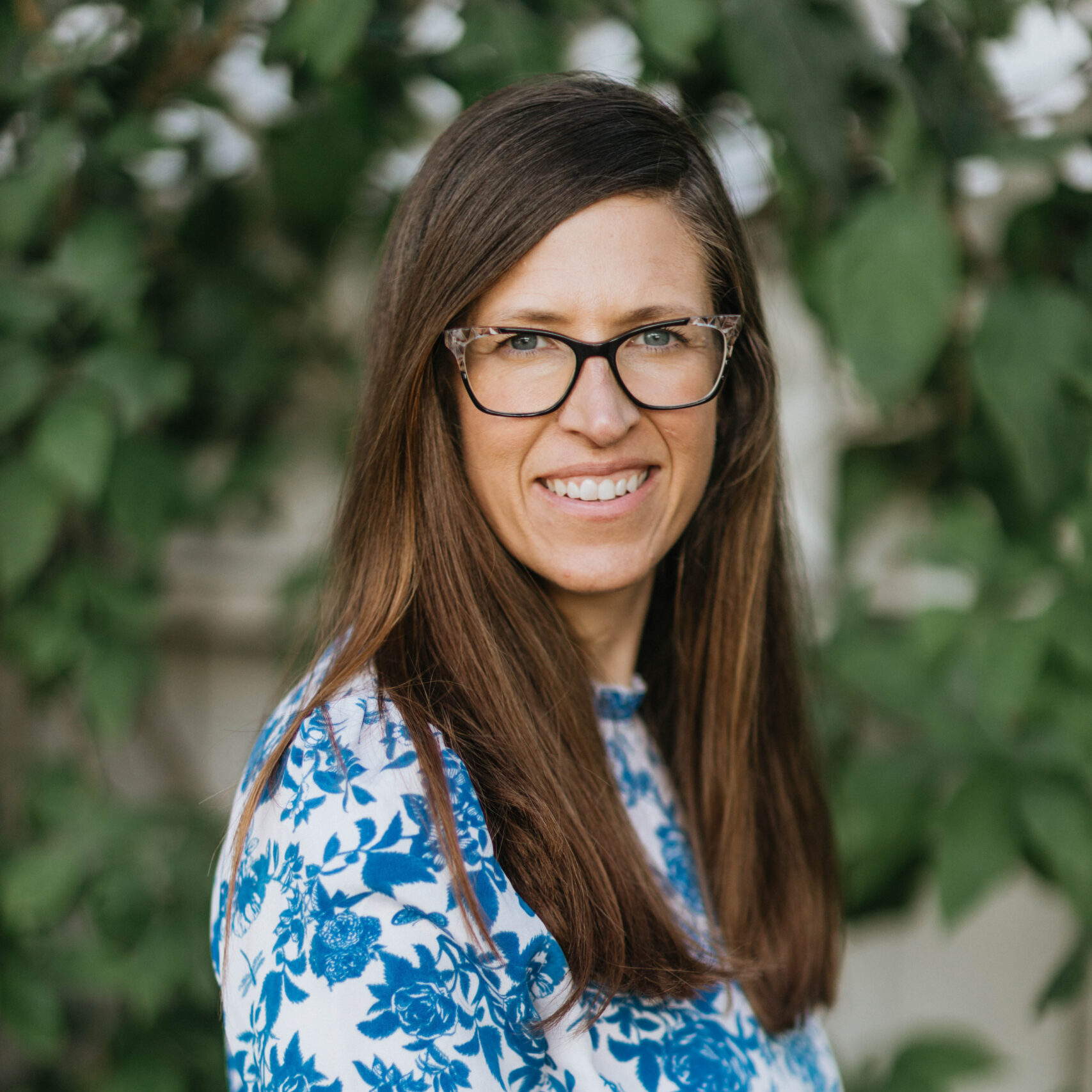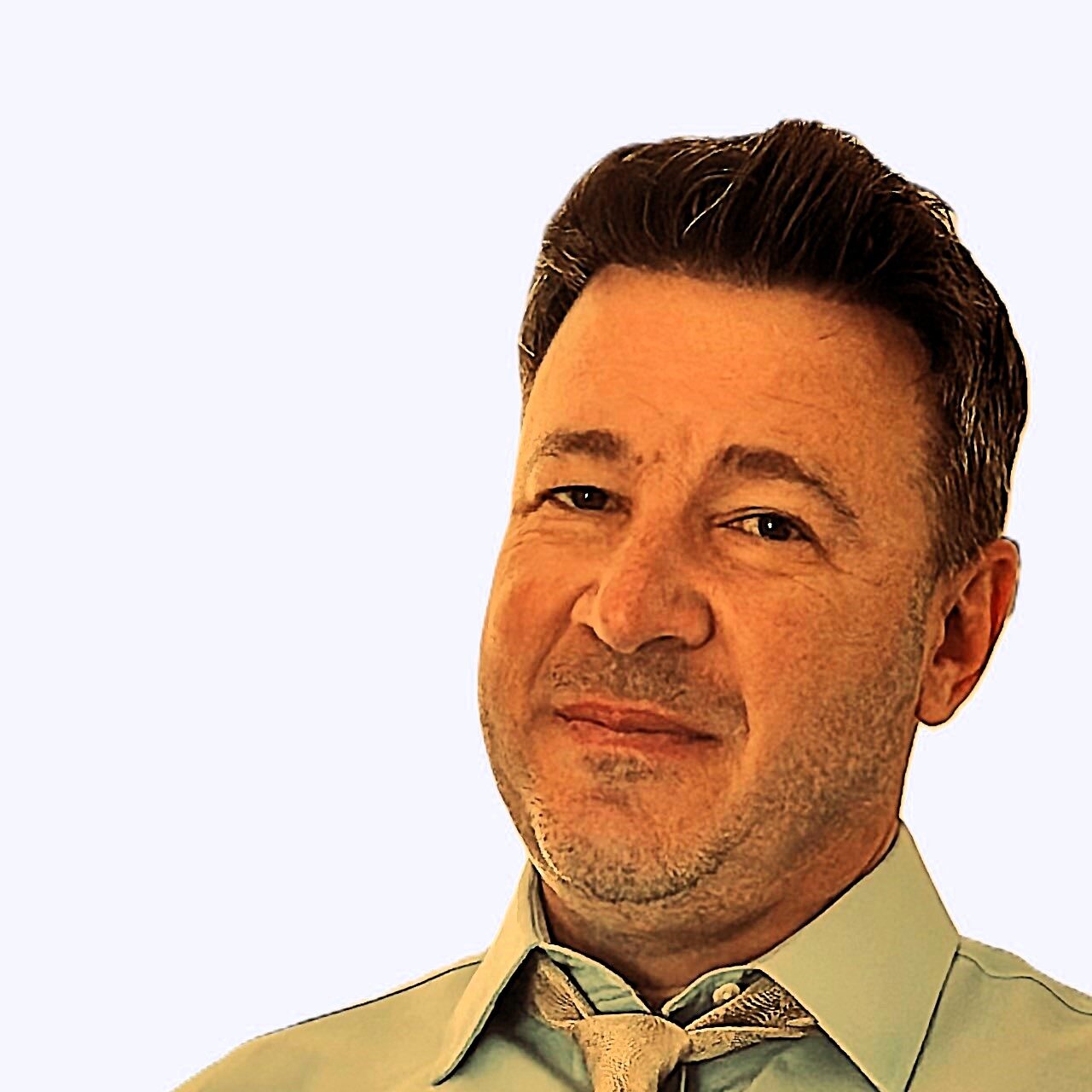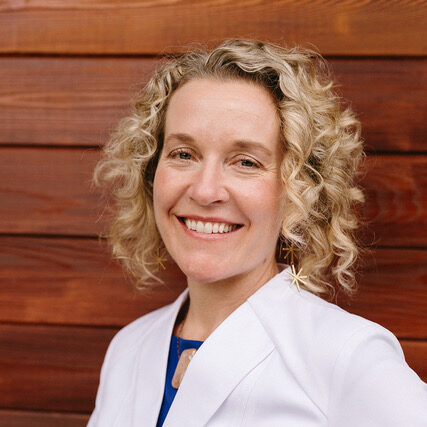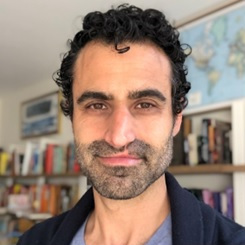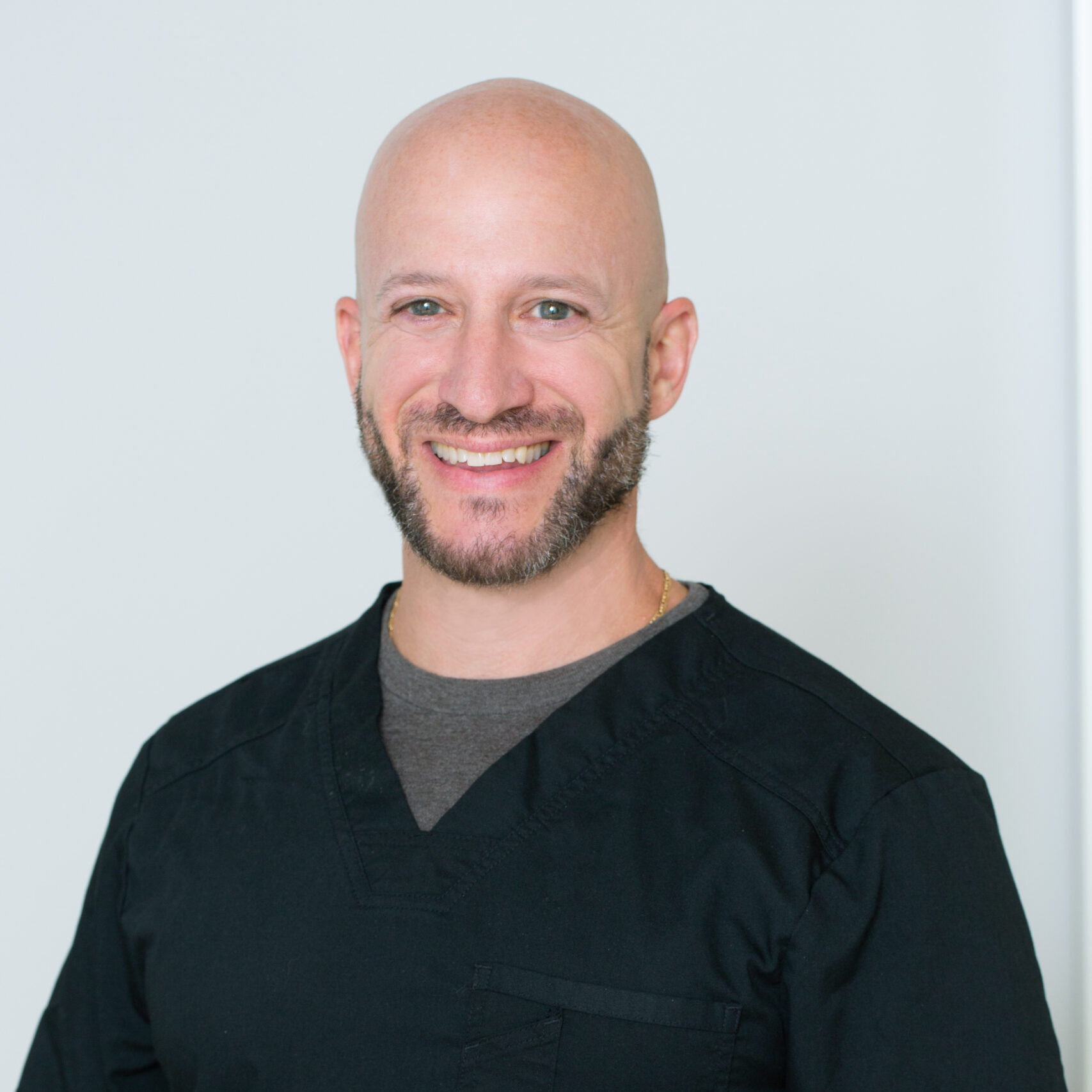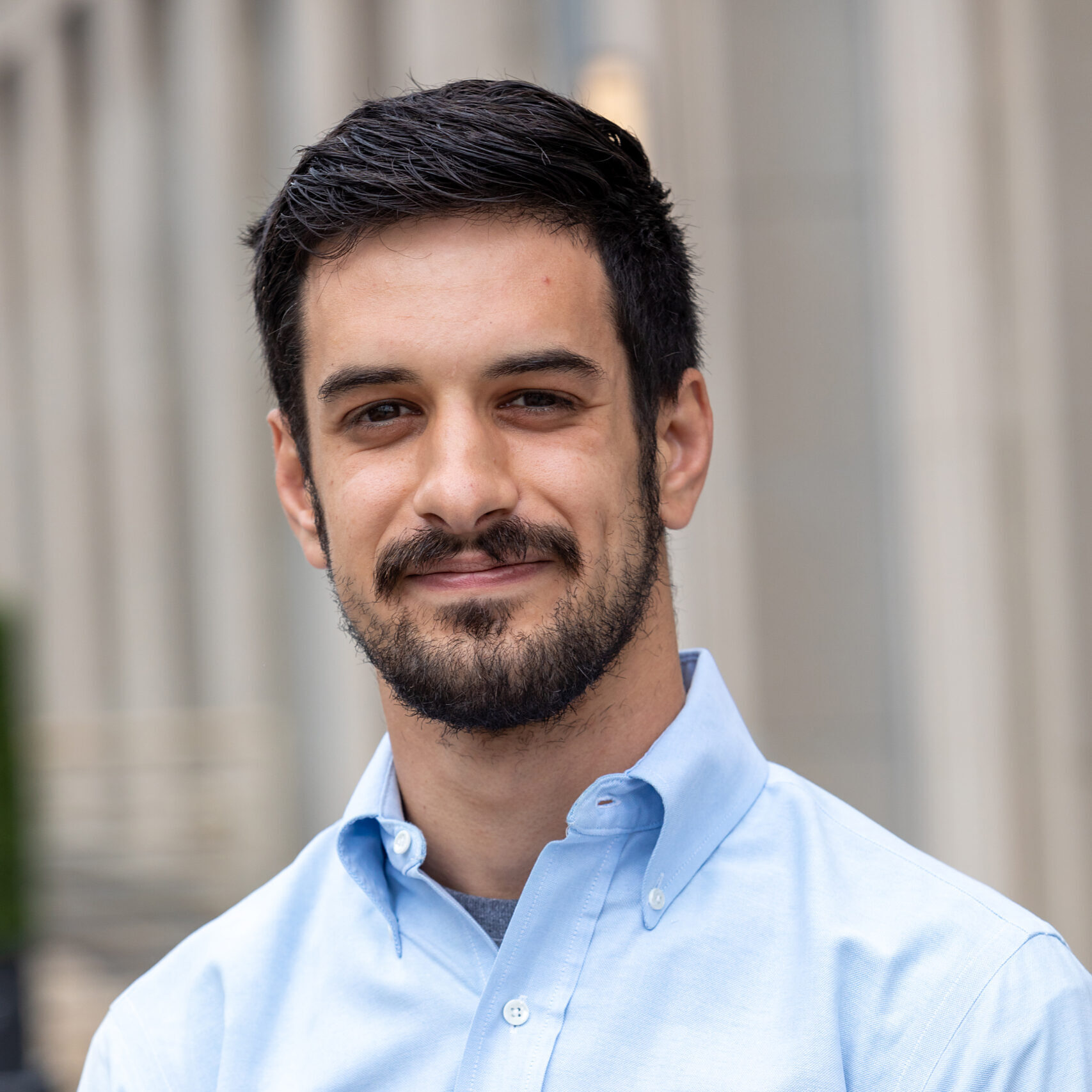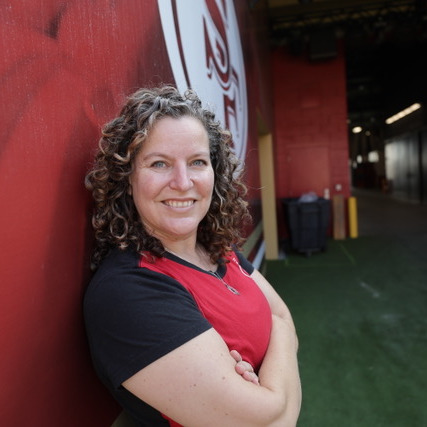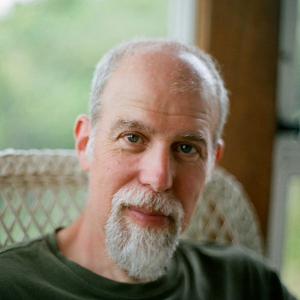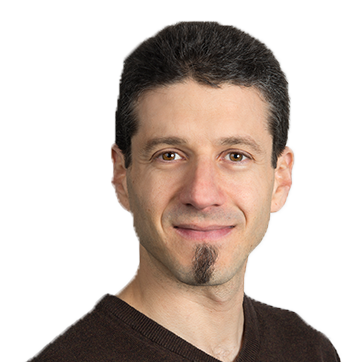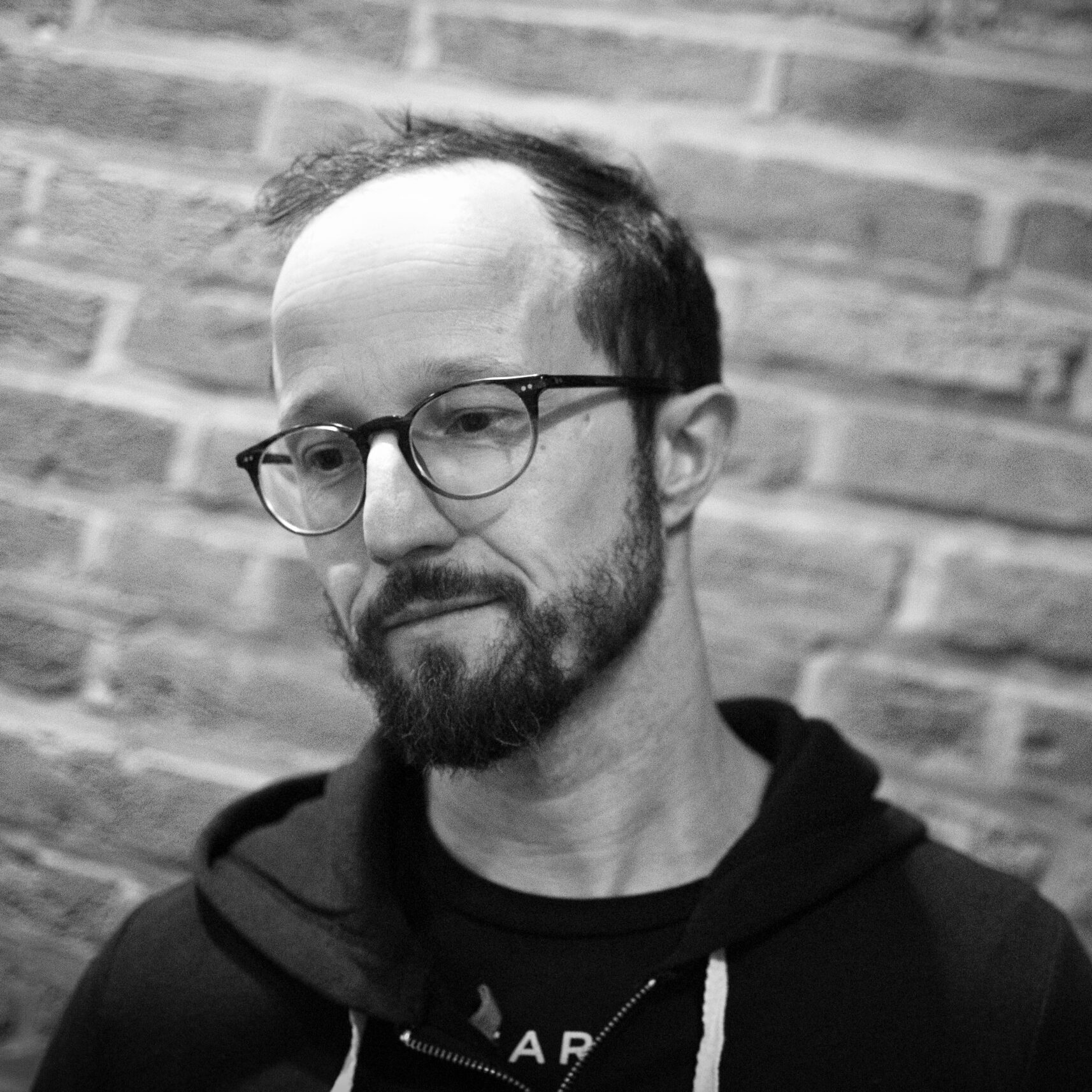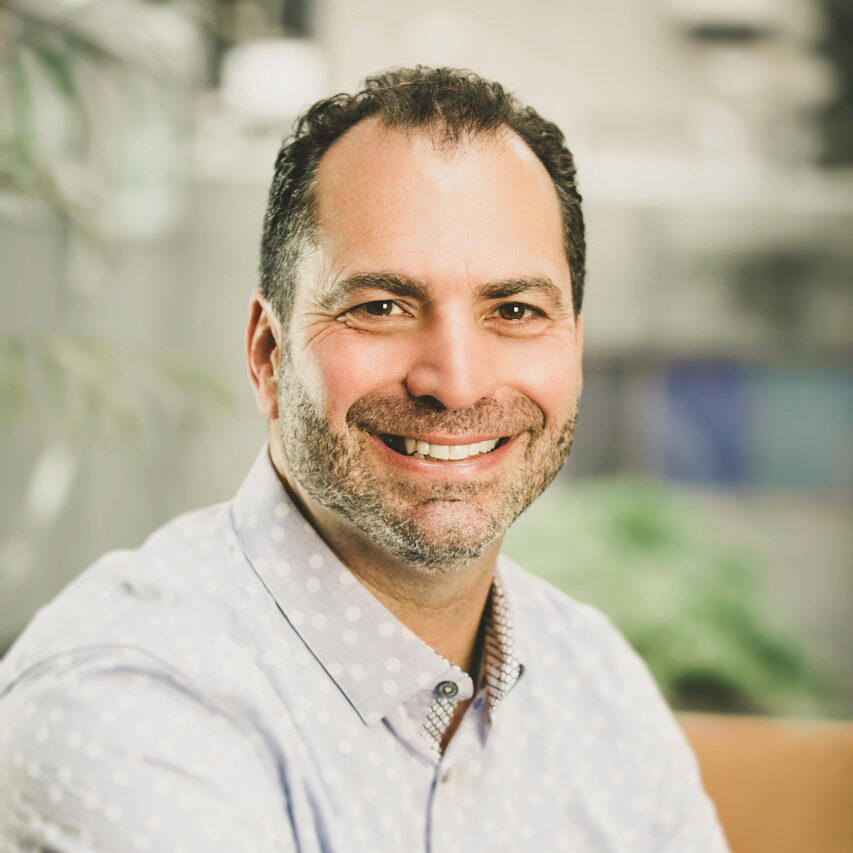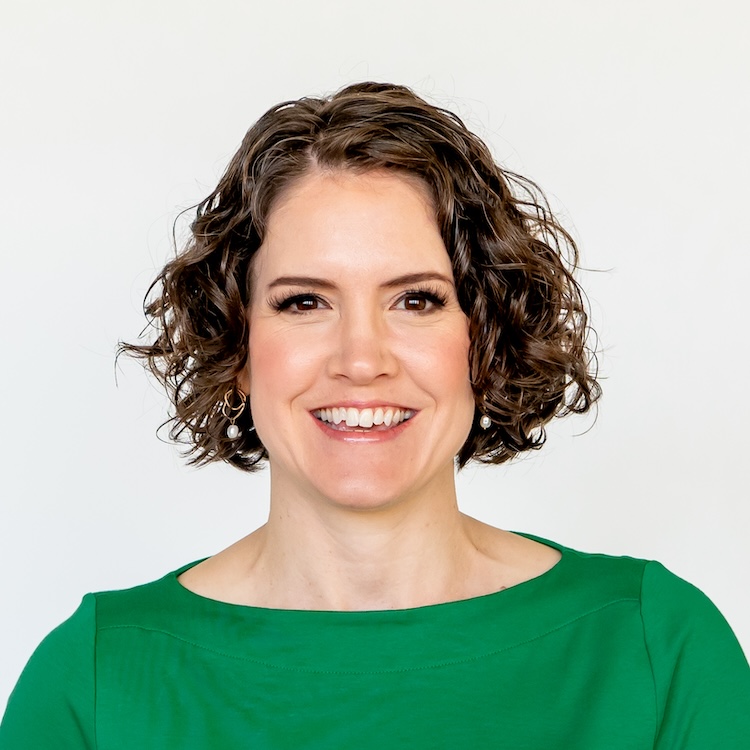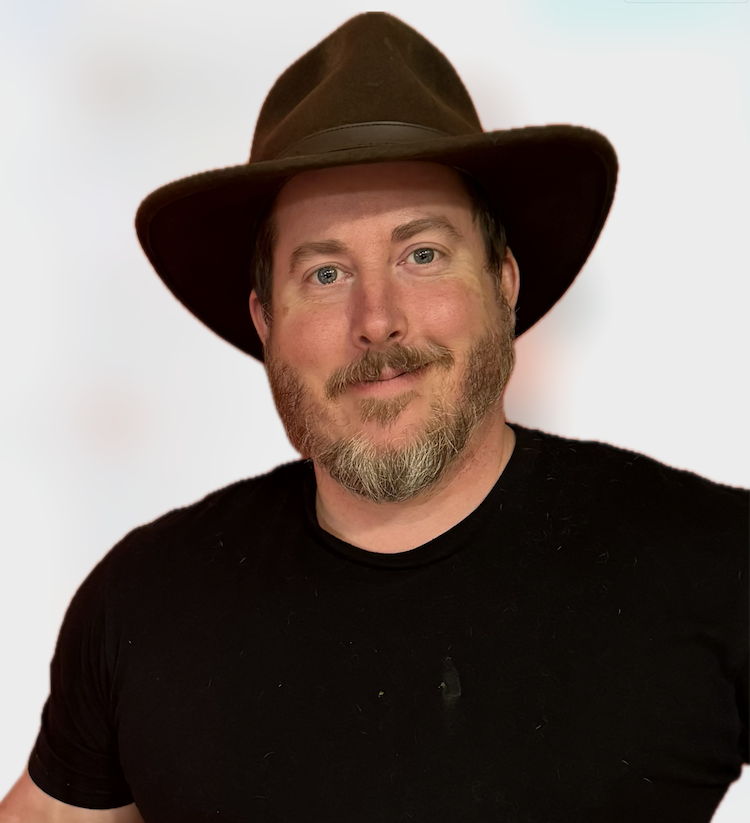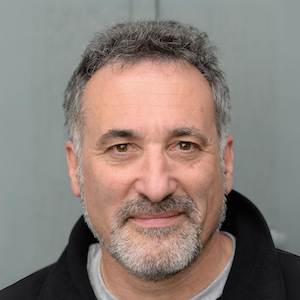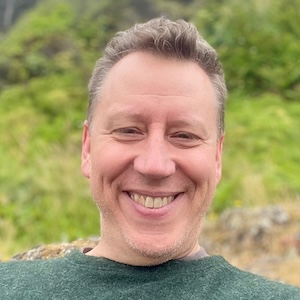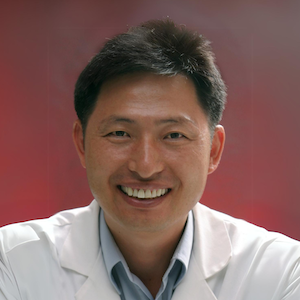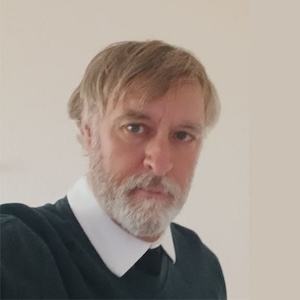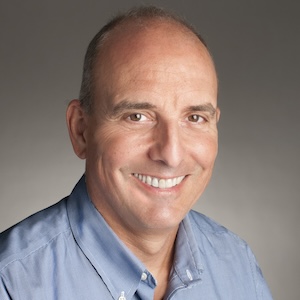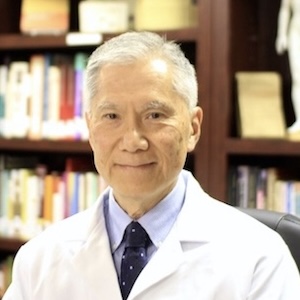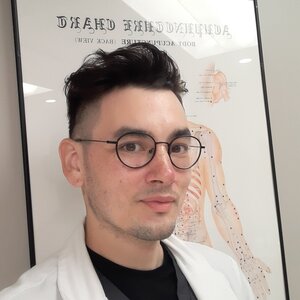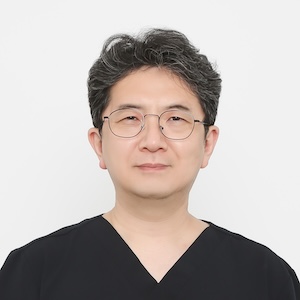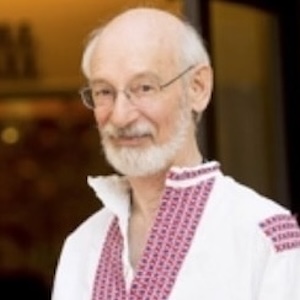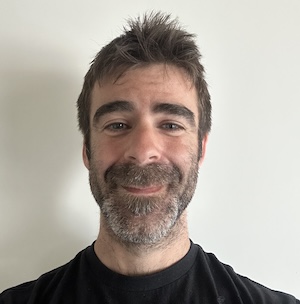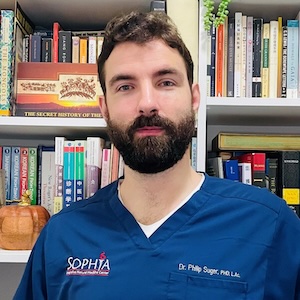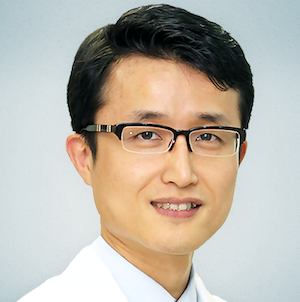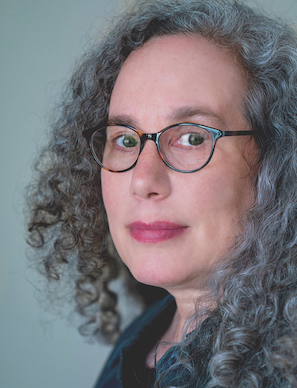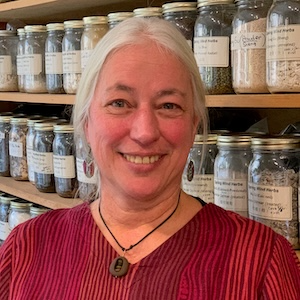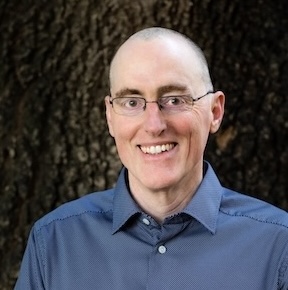400 Wonder Often. A Conversation with the Qiological Community • Michael Max
Thirty plus years ago, as an acupuncture patient, I found myself puzzling over the question of “Just how does acupuncture work?” That question has been a reliable traveling companion ever since.
Our work requires a lot of “techne’” and it should, there's a lot to know and we as professionals should know it. But clinical work is more than technical knowledge. It’s this other aspect of our work that I particularly seek to investigate on Qiological. In part because it’s not about knowledge, but instead “something else” that does not easily lend itself to teaching. It’s something vital that is learned through our experience of doing this work.
It’s a kind of seasoning. A synthesis of what you know, who you are, and in connection with your patient— how you are.
I’m always curious to know what brought people to doing this work. And even more so— about how the work changes us.
Subscribe To This Podcast In Your Favourite Player
304 Considering Qi, or Not • Leah Fehres
East Asian medicine uses a completely different map of physiology and function from that of modern biomedicine to understand health and illness. It’s a set of tools and perspectives that gives us a unique look at the entanglements of function and form. And when using acupuncture to help our patients it’s all about the qi, right? Maybe not.
In this conversation with Leah Fehres we consider the relationship between acupuncture points, nerve structures, and the body's intricate nervous and fascial systems. How the bifurcation of nerves is frequently the location of an acupuncture. And how traditional diagnostic methods might not reveal for us how we can consider neurophysiology in formulating an effective acupuncture treatment.
read more303 Way of the Teishin • Bob Quinn
What’s more powerful, a whisper or a shout? What has more impact, a punch to the gut or an intended and targeted slight? Strength and power, these are two different things.
In this conversation with Bob Quinn we explore the gentle practice of using the Teishin, and the landscape that emerges as we attend both to the quiet sensitive aspect of the nervous system as it manifests in the skin, and our rooted sense of perception and attentiveness to the space we inhabit with our patients
read more302 The Business and Opportunity of Practice • Jimmy Yen
A successful business is founded on the principles of providing honest value. And technological advances through social media give us the possibility of connecting with people who are looking for your services. It can be an opportunity to create something that reflects who you are and to promote our medicine by facilitating learning.
In this conversation with Jimmy Yen, we dig into the intersection of running a business and leveraging social media for your practice. We discuss self-cultivation, getting our hands dirty with the business of medicine, and the need to band together as Chinese practitioners for the betterment of our medicine. Jimmy also shares his perspective on social media and some tips to make it work for you.
301 Fifty Years of Practice, The Perspectives of Dr Shudo Denmei • Stephen Brown
In the realm of East Asian medicine, uncertainty is a constant companion, a persistent reminder of the mystery of life. Like a meandering river, the health status of our patients is in a state of constant flux. It can be a daunting task to navigate...
read more300 Clinician's Guide to the Shang Han Lun • Dr Shou-Chun Ma & Dan Bensky
Medicine is always a discussion, Be it between practitioner and patient, between colleagues talking shop, or through the stream of history and commentary that accompany the classics of Chinese medicine. In this conversation with Dr. Shou-Chun Ma...
read more299 Optimistically Integrative • Robyn Adcock
Western and Eastern medicine have often stood at odds, separated by skepticism and worldview. But perhaps the best path is neither, but both.
In this conversation with Robyn Adcock, we delve into the curious (and oftentimes contentious) topic of integrative medicine. We look at navigating the barriers into the conventional medicine world by helping those working in conventional medicine ‘experience’ the value of East Asian medicine from the inside through direct experience. Along with why we may need qualitative methods in our medicine, and how we can leverage scientific improvisation in our clinical work. We also touch on the innate trustworthiness of East Asian medicine and its untapped potential.
read more298 Made in America- The Story Behind Quality Made Cups • Kevin Ferst
Tools in East Asian medicine are not just inanimate objects. They are a tangible extension of the healer's touch, a conduit for their energy and intention to flow through. Our tools are essential for turning stagnation into flow, pain into ease, and the discordant notes of illness into wellness.
And while the true power of our medicine lies in the practitioner’s ability to evoke the body’s innate capacity for balance and harmony, the tools are essential to the work. And fine tools are a joy to use.
In this conversation with Kevin Ferst, he walks us down the unexpected path that brought him to working with local artisans in the crafting or vessels for healing in the remote Appalachian mountains of New York. We explore the nuances of cup making, from the intricate art of glassblowing to how the quality of the tool makes a difference in the clinical experience of both the patient and the practitioner.
read more297 Covid Long Haul, Threat or Opportunity • Nigel Dawes L.Ac
In a world where change is the only constant, East Asian medicine offers a way to track change even in the midst of change. Our medicine has a way of adjusting to changing times and has the capacity to bring the essence of ideas and perspectives from the past into the unique moment of the present. History rhymes with itself, and it’s our job to figure out how.
In this conversation with Nigel Dawes, we take a dive into the mutability of Covid and other wind viruses, the long-term sequela of Covid, and how to be inventive with our formulas as we look to adapt to ever unfolding change in our clinical work. We also touch on the impact of political, behavioral, and psychological underpinnings of the pandemic.
read more296 Considering Long Covid, Research and Practice • Beau Anderson
Our experience of the past three years has revealed gaps in our knowledge, fractures in our social fabric and the influence of toxic social media. It’s been a pandemic that has not only affected our bodies, but our minds as well.
In this conversation with Beau Anderson, we look at long Covid through the lenses of Western and East Asian medicine, discuss the flexibility and adaptability of Chinese medicine for systemic disorders like long Covid, and the shortcomings of attempting to validate the ancient healing practice using modern scientific methodologies. We also explore possible ways of harnessing and positioning our medicine for the future.
read more295 Covid Lessons Learned • Sally Rappeport
Chinese medicine is a rich tapestry of knowledge and techniques, ancient wisdom honed and passed down through the ages. But the ‘superpower’ of our medicine lies in its ability to explore the unknown. To navigate uncertainty and delve into both the unknown depths of the human body and the ever changing environment.
In this conversation with Sally Rappeport, we mull over the clinical experience of living through the pandemic, including the stigma and psychological effects of a fear mindset and addressing lingering symptoms like coughs. We also talk about some of the different herbal formulas and strategies practitioners developed in response to the Covid crisis.
Listen into this discussion on the lesson we’ve learned (and continue to learn) from our co-evolution with SARS-C0V-2.
read more294 Tempered by Fire, Responding to Covid with Chinese Medicine • Daniel Altschuler
Amidst the chaos of contagion and windstorm of viral woes, Chinese medicine offers ancient remedies, and beyond that, perspectives to guide us through the turmoil.
In this conversation with Daniel Altschuler, we delve into the Covid19 pandemic's tumultuous past and the challenges of the present. We discuss its parallels to the 2003 SARS epidemic, the long-term issues with some viruses, questions surrounding the vaccine, and the multifaceted approaches of East Asian medicine in treating these wind viruses.
read more293 Facereading as Part of the Clinical Conversation • Juli Kramer
Like the patina and wear on something touched often, or the way shoes and fabric carries the memory of the wearer. Our life and spirit shows its presence on our face. To read the face is to delve into the intricacies of the being woven into the lines, curves, and expressions of the human face.
The face reflects the depth of our being. It’s an invitation into a world of untold stories, capacities and potential. Sparse eyebrows speak of emotional strain, the fullness of your lips reveals the ability to express emotions, and the ear lobes indicate prosperity. Perhaps the tales told by face could help foster greater understanding and healing for those seeking vitality and wellbeing.
In this conversation with Juli Kramer, we delve into the art of face reading and how it can serve as a valuable tool in our work.
read more292 Rethinking Acupuncture Education • Lisa Rohleder
As the winds of change sweep through the healthcare landscape, the acupuncture profession stands at a crossroads, and as is the nature of a crossroads– there is uncertainty. But as with any crisis, there is both danger and opportunity. It is an opportunity to consider where we have been as a profession and what kind of future we’d like to see for ourselves and our profession.
In this conversation with Lisa Rohleder, we chew over the state of our profession, including an out-of-the-box approach to integrative medicine, the issue of student debt, changing our perspectives to thrive as small businesses, and how we fit into today’s economic and medical landscape.
read more291 Mind, Destiny and Intention • Ann Cecil Sterman
In this conversation with Ann Cecil Sterman, we unravel the notion that all intention is heart-centered unless interfered with by the mind. The topic takes us down a fascinating path where we mull over the idea of accessing the Chong meridian and uncovering the blueprint of our life. We also explore what it means to be a proficient practitioner, the issue of the mind defending against destiny, and why acupuncture is all about the channels.
Listen into this discussion on mind, intention, fate, and navigating the blueprint of one’s destiny.
read more290 Intention, Attention, and The Qi of Cultivation • Damo Mitchell
We all know that Chinese medicine is a path of balance. A journey of harmony and restoration. An art that seeks to align the channels and tend to the ebb and flow of Qi. As practitioners we are trying to unravel the knots that bind or drain away imbalances so as to invite the body back to health. Our medicine is an art that seeks to bring harmony to the whole.
In this conversation with Damo Mitchell, we go off the beaten path as we discuss some arguable topics revolving around the use of attention versus intention in the clinic, developing a sense of discernment for what’s valuable, the linear nature of our medicine, and how cultivation ties into all this. It’s a conversation that is bound to raise a few questions (and perhaps some eyebrows).
read more289 San Jiao, Xin Bao, Mingmen- The Flow of Fire • Thomas Sorensen
Mingmen (命門) is a lifeblood point in the flow of fire and qi in the body, yet remains shrouded in an enigma. For those who seek to understand their fate, the point—which translates to “Gate of Destiny” or “Gate of Life”—can be perceived as a gateway leading to a realm beyond our understanding, offering a glimpse into the unknown.
In this conversation with Thomas Sorensen, we seek to understand and unlock the mysteries of the Mingmen—including its significance in our clinical work and how to attend to it. Thomas talks about the need to get heat in the right place and how the heart, the kidney, the Mingmen, and the San Jiao (triple burner) tie into all this. We also fiddle with the idea of destiny, the physiological and psychological aspects of our clinical work, and the role of the small intestines.
read more288 Peach Spring Beyond This World, A Glimpse of the Water Rabbit Year • Gregory Done
In this conversation with Gregory Done, we delve into the mysterious realm of the water rabbit and explore how its gentle yet powerful energy can guide us through the ebbs and flows of life, helping us to make the most of opportunities and weather any storms that may come our way. We talk about the transformative power of the water rabbit as the bringer of diplomacy, close-knit relationships, and sneaky guile. Gregory also unravels what lies ahead for the 12 animals of the Chinese cosmological Zodiac.
read more287 Tradition and Innovation • Mark Petruzzi and Jeffrey Dann
As practitioners of East Asian medicine, we are informed deeply by the ancient medicine, experience and wisdom passed down through generations. The holism woven into the East Asian medicine traditions is especially important in a modern world that...
read more286 Qi, Yi and Tensegrity • Stefan Grace
Our language tells the tale of our evolution and the movement of the mind. It captures the experiences, attitudes, and wisdom of our ancestors and allows us to reflect upon our own. As herbalists and acupuncturists, the language of our medicine...
read more285 The Work and Perspectives of Dr Bear • David Toone
Treating what you see sounds easy. And it is essential if you want to craft a targeted and effective treatment. It’s those well aimed treatments that hit the mark that conflated with magic.
But seeing clearly the underlying dynamic that gives rise to the troubles and symptoms for which patients seek us out. That is more complicated.
In this conversation with David Toone we discussion the perspectives and work of the blind Japanese acupuncturist Dr Bear, who passed away a few months ago.
read more
